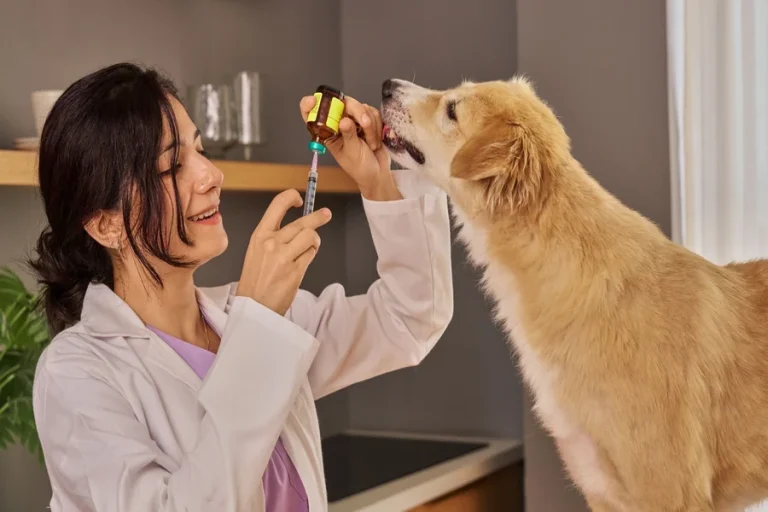Your pet can’t tell you when something’s wrong. They rely on you to notice changes. Understanding when to visit the Langley, BC animal hospital can save your pet’s life. You need to know the signs that require medical attention. Pets often hide pain or discomfort. You must watch for unusual behavior. Sudden weight loss, frequent vomiting, or diarrhea may signal problems. Difficulty breathing and persistent coughing aren’t normal. Watch for changes in eating and drinking habits. Unexplained lethargy or limping shouldn’t be ignored. Grooming changes or excessive scratching can indicate issues. Unusual lumps or bumps are concerning. You love your pet. You want to provide the best care. Recognizing these signs ensures your pet gets timely help. This knowledge empowers you. Trust yourself. Trust your observations. Your pet’s health depends on your actions. Stay alert. Stay compassionate. Seek help when needed. Your pet will thank you with their joyful presence.
Recognizing Sudden Weight Change
Weight loss or gain in pets can be a sign of an underlying issue. Both sudden and gradual changes matter. You should monitor your pet’s weight regularly. A significant fluctuation calls for a veterinary check. Possible causes include parasites, metabolic disorders, and more.
Digestive Distress
If your pet experiences frequent vomiting or diarrhea, it may indicate a gastrointestinal problem. Occasional vomiting might not be serious, but repeated episodes are concerning. Diarrhea lasting more than 24 hours requires attention. Potential causes range from dietary indiscretion to infections. Timely intervention prevents dehydration and further complications.
Difficulty Breathing
Breathing issues in pets should never be ignored. Coughing, wheezing, or labored breathing can indicate respiratory issues. These symptoms can result from infections, allergies, or serious conditions like heart disease. Quick assessment by a vet can identify the cause and begin treatment. Your prompt action can improve your pet’s comfort and health.
Changes in Eating and Drinking Habits
Pets usually have consistent eating and drinking patterns. Notice any changes here. Loss of appetite or increased thirst might signal illness. Conditions like diabetes, kidney disease, or dental problems often cause these changes. Catching these signs early can aid in better management. Regularly scheduled feeding times help you spot deviations quickly.
Lethargy and Limping
Unexplained lethargy or limping often indicates discomfort. Lethargy could result from a variety of conditions, including infections or pain. Limping or favoring a limb might indicate an injury or arthritis. A thorough examination by your vet can determine the cause. Quick action can prevent further injury and pain.
Grooming and Skin Changes
Skin and coat conditions reveal much about your pet’s health. Excessive scratching, biting, or licking can be due to allergies or parasites. Notice any bald patches, redness, or sores. Your vet can suggest treatments to relieve discomfort. Routine grooming helps you notice these changes. Regular checks ensure your pet stays comfortable.
Unusual Lumps or Bumps
Lumps on your pet may not always be serious, but they shouldn’t be ignored. Some lumps could be benign, while others might be malignant growths. Regularly feel for any new or changing lumps. Your vet can perform tests to determine the nature of the lump. Early detection plays a key role in effective treatment.
Comparison Table of Common Symptoms and Potential Causes
| Symptom | Potential Causes | Action |
|---|---|---|
| Weight Change | Parasites, Metabolic Disorders | Monitor and Consult Vet |
| Vomiting/Diarrhea | Dietary Issues, Infections | Vet Visit if Persistent |
| Breathing Issues | Respiratory Infections, Allergies | Immediate Vet Visit |
| Lethargy/Limping | Infections, Injuries | Vet Examination |
| Grooming Changes | Allergies, Parasites | Observe and Consult Vet |
| Lumps/Bumps | Benign or Malignant Growths | Regular Checks and Vet Assessment |
Conclusion
Spotting early signs of distress is crucial. Your pet relies on your vigilance. Watching for these symptoms ensures your pet remains healthy and happy. Regular veterinary visits provide additional reassurance. Understanding these signs demonstrates your commitment to your pet’s well-being. For more detailed advice, consult resources such as the Centers for Disease Control and Prevention. Your pet depends on your attention. Act promptly when you notice changes. This partnership between you and your vet keeps your pet’s health on track.

